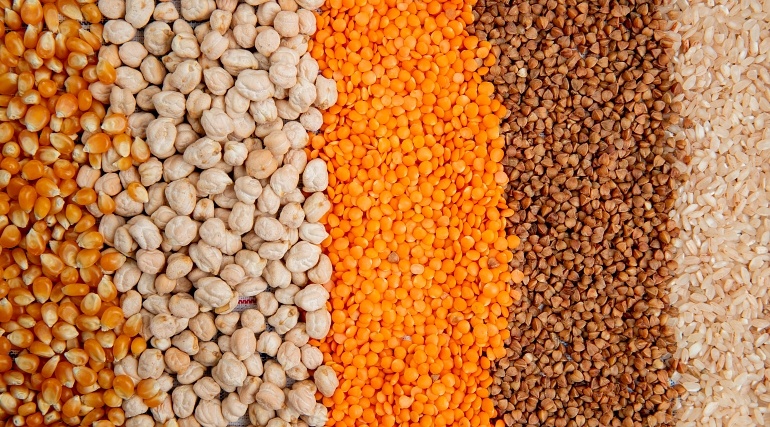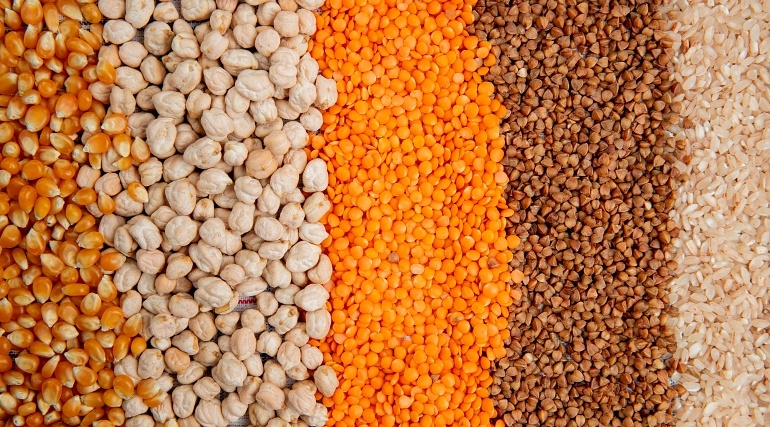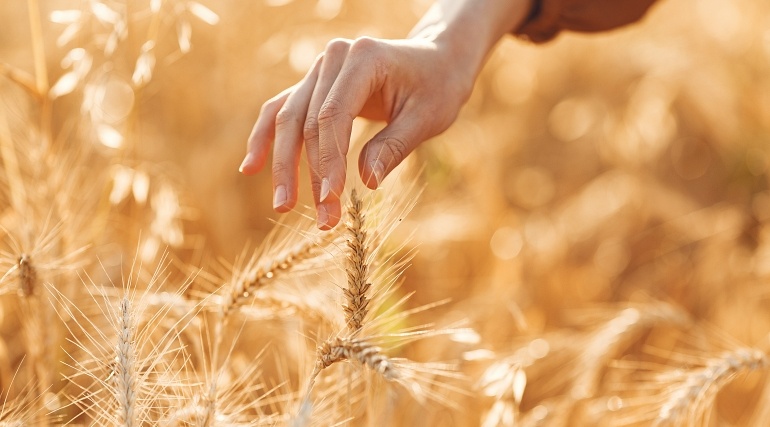Grain Import and Export: Evolving Dynamics in Global Markets

September 12, 2023
Grain Import and Export: Evolving Dynamics in Global Markets
Grains are a fundamental source of sustenance worldwide, serving as a cornerstone in the arena of global trade. Wheat, barley, corn, canola, beans, and a plethora of other grain commodities are exchanged on the international stage to meet the demands of both food production and animal feed. The import and export of grains hold a pivotal role within the global marketplace, casting profound implications on the economic well-being of numerous nations. In the following paragraphs, we will delve into the fundamental dynamics of grain trade:
The landscape of grain trade unfolds on a global canvas. Wheat, barley, corn, canola, beans, and other grain products traverse international boundaries, primarily to serve the realms of food production and livestock sustenance. This extensive and intricate network of trade assures a stable food supply for an array of nations.
Concurrently, certain nations emerge as principal exporters of grain commodities. These major players accrue substantial revenue by disseminating grains across international markets. Their agricultural sectors stand as primary architects in shaping the global terrain of grain trade.
Conversely, a multitude of nations are dependent on grain imports. Imports assume a pivotal role in satisfying domestic nutritional requisites and upholding food security standards. Countries beset by unsuitable or insufficient agricultural conditions for grain cultivation often hinge upon imports to satiate their essential needs.
The dynamics of grain trade are susceptible to fluctuation, dictated by an array of determinants. Factors such as climate change, meteorological conditions, demand oscillations, and trade policies all exert considerable influence on the grain trade landscape. For instance, periods of drought or fluctuations in crop yields may intensify the demand for imports.
The volatility in grain prices reverberates through the market. Prices for grain commodities on the global stage may oscillate in response to imbalances in supply and demand, meteorological vagaries, and a constellation of other variables. These price fluctuations carry significant economic ramifications for both grain-producing and importing nations.
The trajectory of grain trade is poised to be influenced by sustainability endeavors, the specter of climate change, and advancements in technology. The agricultural sector's endeavor to adopt more efficient and environmentally responsible production methods will invariably steer the course of future grain trade dynamics. The import and export of grains will persist as paramount considerations in the realms of global food security and the broader world economy.



